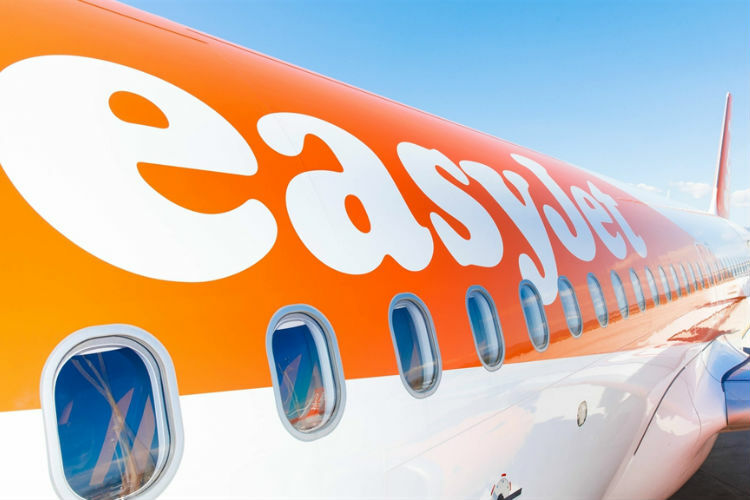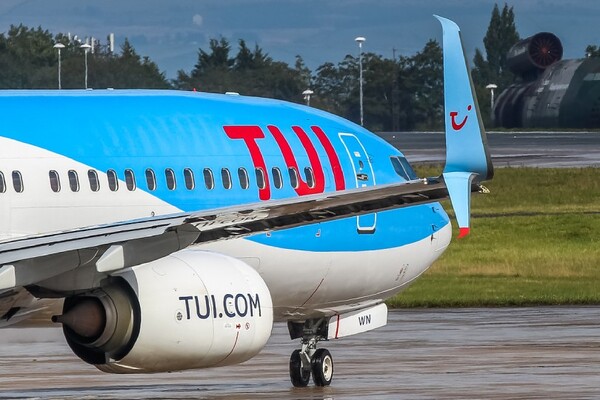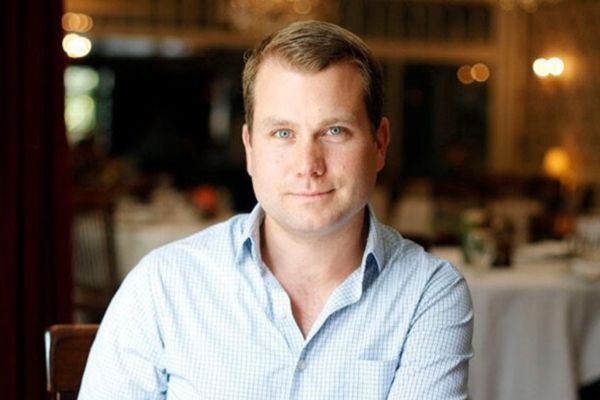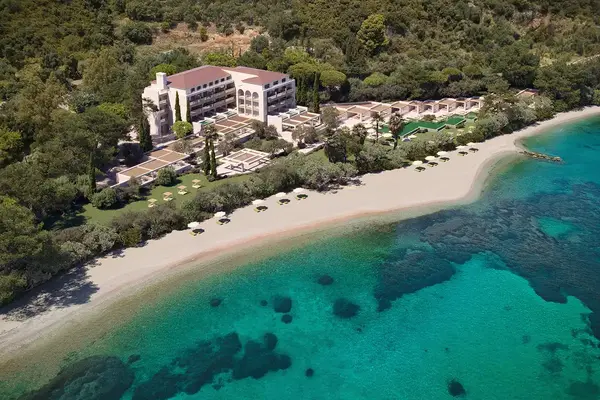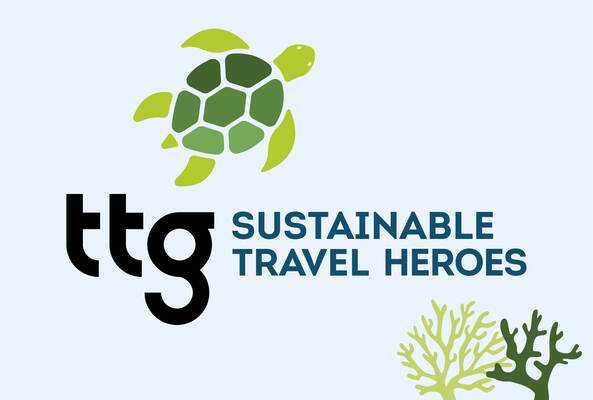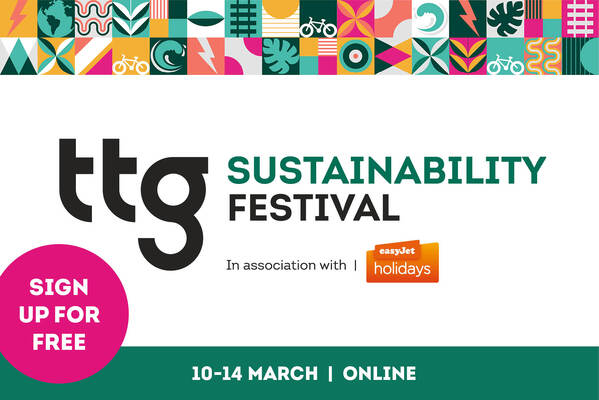EasyJet and Rolls-Royce to test hydrogen-fuelled engine technology
 Tom Parry
Tom ParryEasyJet and Rolls-Royce have unveiled plans to develop hydrogen combustion engine technology capable of powering a range of aircraft.
The new “H2Zero” partnership, inspired by the UN-backed Race to Zero campaign aiming to achieve net-zero carbon emissions by 2050, will see a series of engine tests starting later this year.
The project is seeking to demonstrate hydrogen’s potential to fuel aircraft from the mid-2030s.
An early concept ground test of a Rolls-Royce AE2100 engine will take place in the UK later this year, followed by a “full-scale” ground test of a Rolls-Royce Pearl 15 jet engine overseas.
The programme will build on initial hydrogen combustion and fuel system test Rolls-Royce has undertaken with Cranfield and Loughborough universities.
EasyJet chief executive Johan Lundgren said that in order for the airline to achieve net zero by 2050 “radical action is needed”.
“The technology that emerges from this programme has the potential to power easyJet-size aircraft, which is why we will also be making a multi-million pound investment into this programme,” he said.
“In order to achieve decarbonisation at scale, progress on the development of zero emission technology for narrow-body aircraft is crucial. Together with Rolls-Royce we look forward to leading the industry to tackle this challenge head-on.”
Grazia Vittadini, Rolls-Royce’s chief technology officer, said the programme was “a big step forward” and a way to “find new answers to aviation’s biggest challenges”.
“We at Rolls-Royce want to be ready to pioneer sustainability with whatever the future requires, be it hydrogen, electric power, sustainable aviation fuel, or gas turbine efficiency. This agreement further inspires us to move forward,” she added.
Sign up for weekday travel news and analysis straight to your inbox

Tom Parry
Supplier Directory
Find contacts for 260+ travel suppliers. Type name, company or destination.
